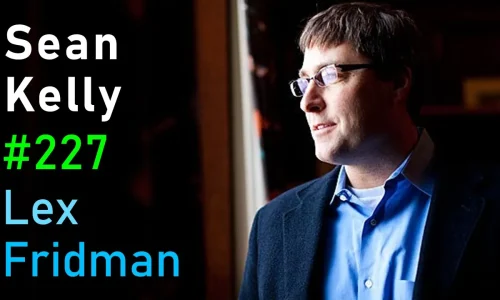See all Lex Fridman transcripts on Youtube

Sean Kelly: Existentialism, Nihilism, and the Search for Meaning | Lex Fridman Podcast #227
2 hours 52 minutes 57 seconds
🇬🇧 English

Omnivision Solutions Ltd
- Getting Started
- Create Transcript
- Pricing
- FAQs
- Recent Transcriptions
- Roadmap